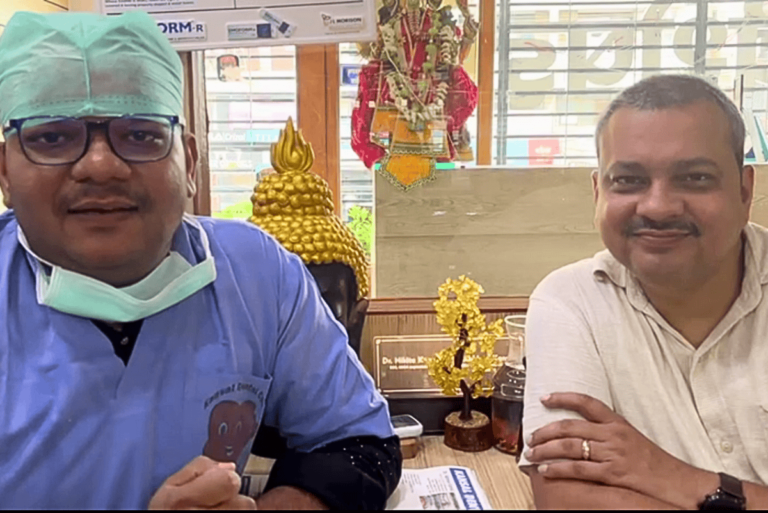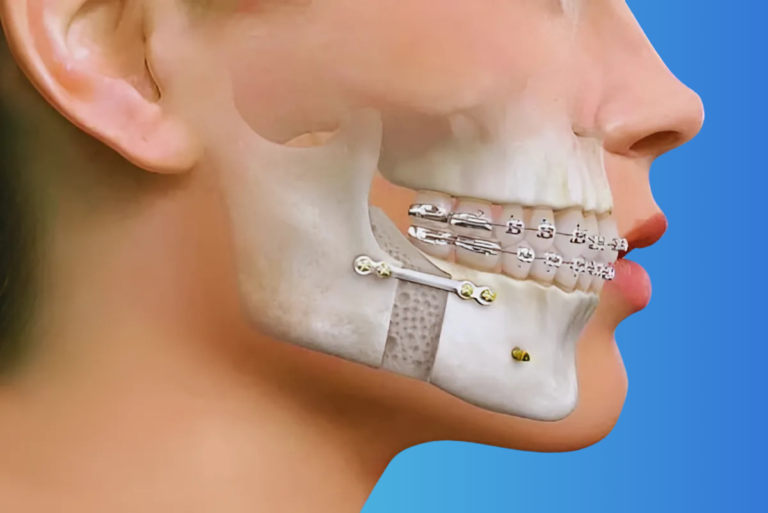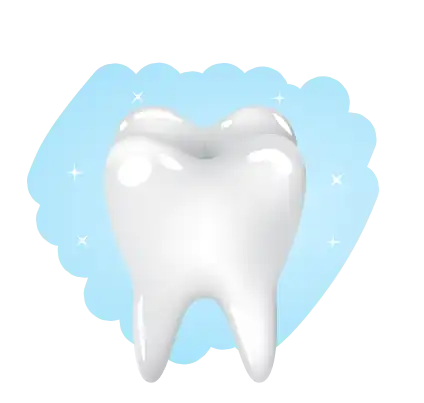

Founder and Chief Dental Specialist at Kansal Dental Care, Meerut
In This Article
Toggle
A jaw fracture, or broken jaw, is a serious injury that can affect your ability to eat, speak, and even breathe. It occurs when the lower jawbone (mandible) or upper jawbone (maxilla) is impacted with enough force to break, and it’s considered a medical emergency regardless of the fracture’s location. Jaw fractures are the second most common facial fractures, with only nasal fractures occurring more frequently. They often result from physical trauma, such as vehicle accidents, sports injuries, or interpersonal violence.
This guide explores the symptoms, treatment, and recovery process for jaw fractures, as well as ways to minimize risk and ensure a smooth recovery.
Most jaw fractures result from:
Protective measures, such as wearing helmets and mouthguards, significantly reduce the risk of a jaw fracture in these scenarios.
If you suspect you have a jaw fracture, look out for these common symptoms:
Diagnosis of a jaw fracture involves a physical examination by a healthcare provider, often followed by imaging tests such as:
Prompt medical attention is essential for proper treatment and to prevent complications.
The severity of the fracture determines the treatment approach:
Minor Fractures: For less severe cases, healthcare providers may recommend a liquid or soft-food diet for a few weeks to allow the bone to heal naturally.
Surgical Intervention: More severe fractures require surgery, where metal plates or screws are inserted to stabilize the bone. In some cases, the jaw may be wired shut for several weeks to promote healing.
Common Post-Surgery Care Tips:
Without treatment, jaw fractures can result in significant complications:
Jaw fractures take weeks or even months to heal completely. Full recovery typically includes:
For individuals with wired jaws, it’s advised to carry a wire cutter in case of emergencies, such as the need to vomit, to prevent choking.
While accidents aren’t always avoidable, the following steps can help reduce your risk:
If you experience persistent pain, difficulty breathing, or signs of infection (fever, swelling, etc.), consult a healthcare provider immediately.
Recovering from a jaw fracture often requires lifestyle adjustments. A liquid or soft-food diet is often necessary, and dental hygiene may require alternatives like antiseptic mouth rinses. Discuss your recovery with a healthcare provider to ensure your diet remains nutritious and balanced.
If you’re experiencing complications or unusual symptoms, prompt communication with your provider is essential. With the right care and precautions, most people make a full recovery, eventually resuming their normal activities.

Tags: Broken Jaw Symptoms, Jaw Fracture Treatment, Dental Emergencies, Fractured Jaw Healing Process, Jaw Pain Relief, Causes of Jaw Fracture, How to Treat a Broken Jaw, Jaw Injury Recovery Tips, Oral Health After Jaw Surgery, Jaw Fracture Diagnosis and Tests